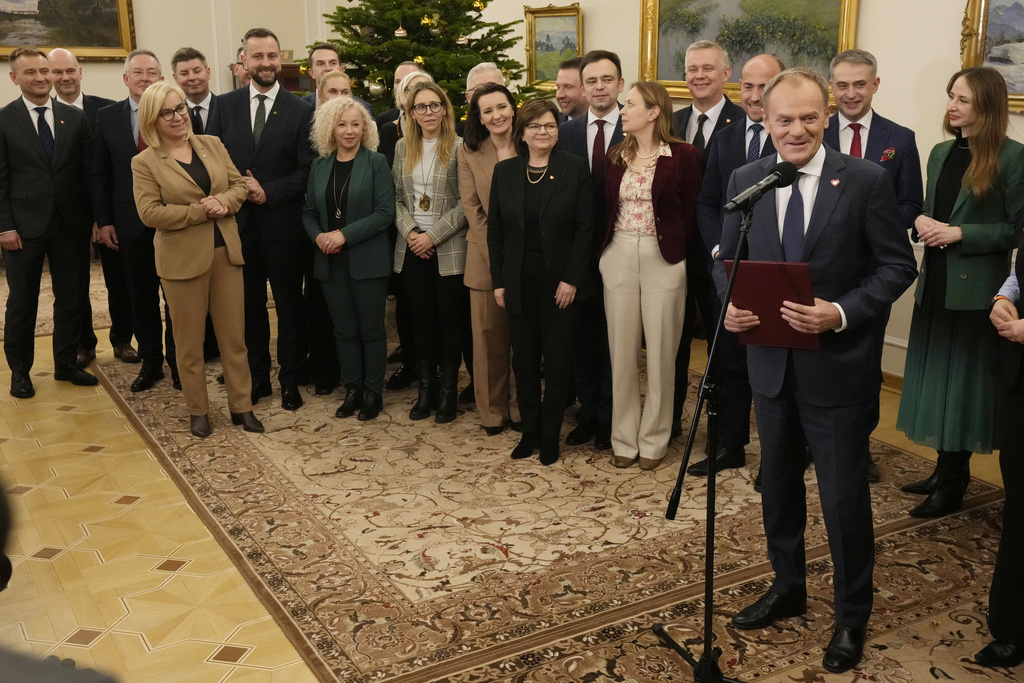A majority of Poles oppose current ministers and MPs from the left-liberal government of Donald Tusk running for the European Parliament, new polling has found.
Notable potential departures from the recently formed coalition government include Culture Minister Bartłomiej Sienkiewicz, Interior Minister Marcin Kierwiński, Minister of Regional Development Krzysztof Hetman, and Minister of State Assets Borys Budka, all of whom are now candidates in the upcoming elections set for June 9.
Additionally, deputy ministers and current MPs, elected in the last parliamentary elections on Oct. 15, have found their names on the European Parliament candidacy lists.
According to a survey by IBRiS for the Rzeczpospolita newspaper, 52 percent of respondents expressed a negative view towards these political figures jumping ship to the European Parliament (38 percent of respondents stated that ministers and MPs “definitely” should not run for the European Parliament and 14 percent of those surveyed answered they should “rather not.”)
Only 13.6 percent strongly agreed incumbent domestic politicians should be allowed to run, and 20.7 percent somewhat agreed that these politicians should be free to pursue European seats.
Professor Bartłomiej Biskup, a political scientist from the University of Warsaw, criticized the party strategies in an interview with Rzeczpospolita.
He stated the decision to field the strongest, most well-known candidates aims at maximizing gains and securing the largest number of seats. However, this does not align with the public’s perception, who feel these politicians have a domestic mandate they are expected to fulfill.
Moreover, the European Parliament is not seen as a battleground for national interests but rather as a political reward involving significant personal gain for minimal work.





